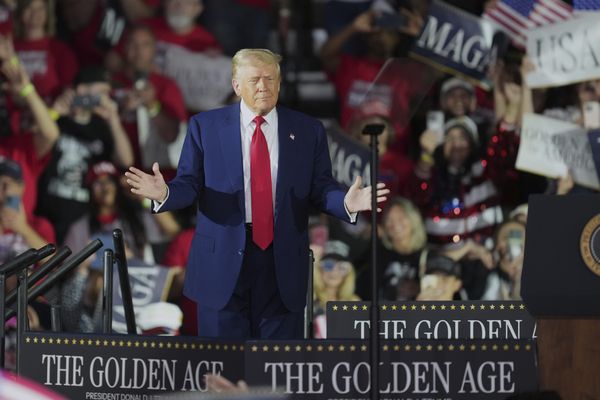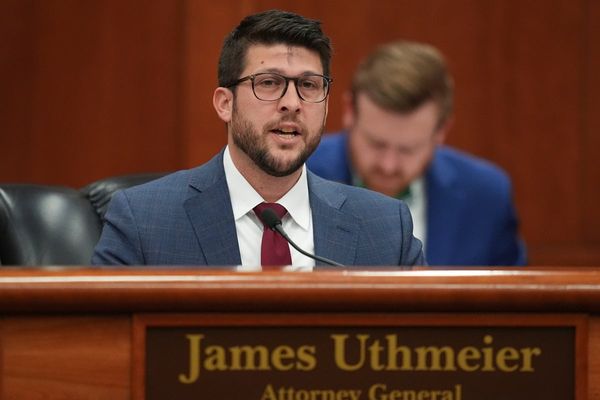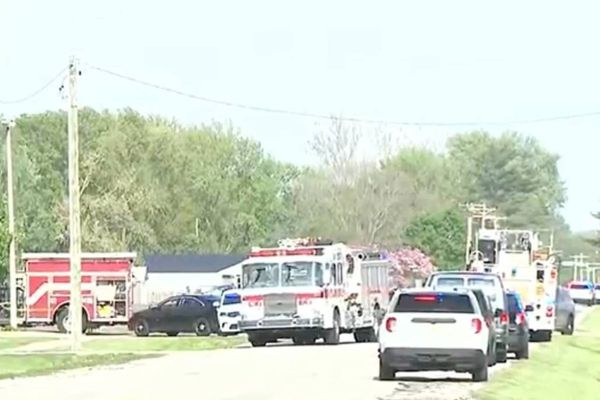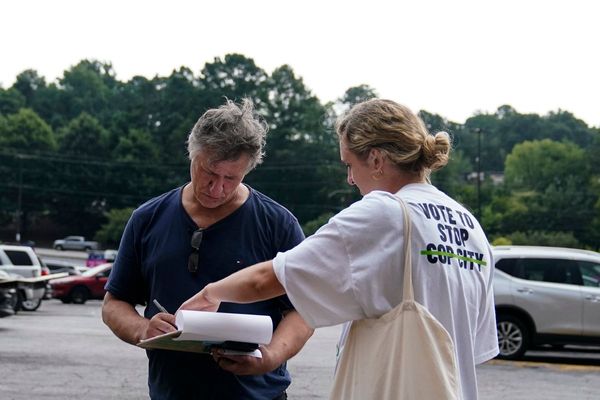In late September, Judge James Ho of the Fifth U.S. Circuit Court of Appeals, fired an unexpected (and arguably overdue) shot at campus cancel culture.
During an address to a conservative legal group, he announced that he will no longer be selecting law clerks from Yale Law School, and he encouraged other judges to do the same.
Ho called Yale the “one particular law school where cancellations and disruptions seem to occur with special frequency,” and warned that this penchant for silencing ideological foes is extending beyond the campus and into firms and other corporate institutions.
To buttress this contention, he cited numerous such incidents — many of which will be familiar to those who follow free speech issues — most of which saw conservative speakers shouted down and otherwise prevented from participating in campus events based solely on the views they sought to present.
He noted cases in which law firms have reprimanded or denied employment to applicants based not on their qualifications but their beliefs.
To the casual observer, Ho’s boycott looks retaliatory: if you cancel us, we will cancel you — a position that invites rebuke.
But to Ho, the boycott, which notably would apply to future but not current law students, is an effort to force change: “I don’t want to cancel Yale,” he said. “I want Yale to stop canceling people like me.”
Sometimes, drastic problems require drastic measures.
Of course, this important nuance was lost on a truculent media, which received Ho’s decision with predictable disdain.
“Ho’s thinking is a blight on the judiciary and an example of why the public is losing confidence in the federal judiciary,” contributor Jim Jones wrote in The Hill.
Even some critics on the right took aim.
Sarah Isgur and David French of the center-right publication The Dispatch agreed that Ho’s actions are “unfair” to the would-be clerks from Yale.
Surprisingly, even Judge Jerry Smith, a Fifth Circuit colleague of Ho’s, called the announcement “regrettable.”
Ho’s critics may not have read his speech (which has since been published with addendum) in its entirety, because Ho preemptively addresses many of these concerns.
To the assertion, for example, that the boycott will hurt Yale law students, Ho responds that “countless students are being hurt right now,” by an oppressive campus environment that punishes individuals for holding alternative points of view.
Doing nothing does not serve them in any way. Doing something might.
“Most of the students being hurt today have far less ability to negotiate these dynamics successfully than future Yale grads,” he adds. “Who’s worrying about hurting these students?”
Indeed.
But what is truly regrettable, is that in an effort to paint Ho, a Donald Trump appointee to the federal bench, as a “MAGA darling,” many of his critics ignore Ho’s principled support of free speech in his rulings as a federal judge.
In Oliver v. Arnold, a former Texas high school student contended that her teacher violated her First Amendment rights by trying to force her to write the Pledge of Allegiance, which she said she disagreed with as a Black woman and an atheist, retaliating against her when she refused. Ho wrote that “no legitimate pedagogical interest is served by forcing students to agree with a particular political viewpoint or by punishing those who refuse.”
Yes. Conservatives should note, that goes both ways.
Ho has also staunchly defended the speech of Texas citizen journalist Priscilla Villarreal (no conservative), who was arrested effectively for asking the government questions.
In overturning a district court opinion that gave the arresting officers the protection of qualified immunity from a lawsuit, Ho wrote, “If [this] is not an obvious violation of the Constitution, it’s hard to imagine what would be.”
Free speech issues often break down along partisan lines. Ho’s critics assume that his Yale Law School boycott is exactly that.
But anyone who bothers to pay attention to his jurisprudence will see that for Ho, freedom of speech is a matter of principle, not partisanship. We could all learn something from that.
Since Ho made his announcement, at least a dozen federal judges have (quietly or publicly) joined him.
Yale Law School has also extended an invitation to Ho and Judge Lisa Branch of the 11th Circuit, who has joined Ho’s boycott, for a conversation about “the state of freedom of speech and intellectual discourse” at the school early next year.
It’s probably too much to hope that any transformation of Yale Law School’s culture is imminent. But Ho’s boycott has at least started a conversation, which was clearly part of his intent.
It’s also a reminder to look beyond the surface-level critiques of those we disagree with, especially when it comes to freedom of speech. When someone is defending the speech of both their friends and foes, it’s time to listen.







